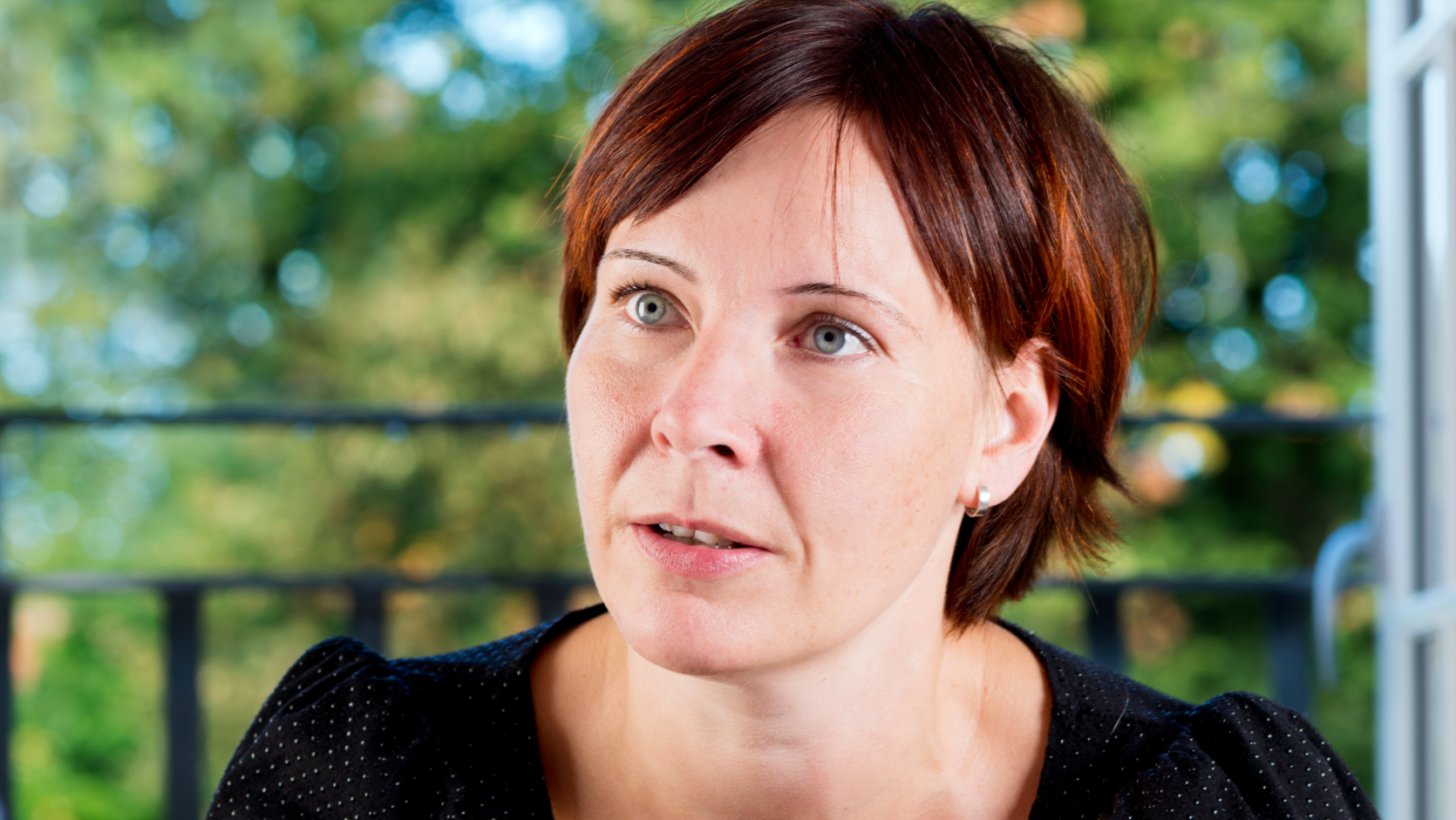The Facts
Deceased leaves $6 million estate to nieces
G died on 13 August 2013 from a heart attack at the age of 65.
He had owned a pharmacy in Sydney and had no wife or children.
His closest relatives were his two nieces, C and A.
After her uncle died, C found a two-page document in a Bible on his bedside table. It was signed, dated, and looked to be an informal will.
The will appointed C as executor and divided G’s $6 million estate equally between C and A.
Y challenges will on basis of secret relationship with deceased
Y, a man who was 30 years younger than G, claimed to have had a secret same-sex relationship with G for 14 years prior to G’s death.
Y commenced proceedings in the Supreme Court of NSW to challenge the will.
These proceedings were complex and extended for several years.
Y made a number of claims, one of which was a family provision claim under the NSW Succession Act 2006.
The primary judge dismissed this claim on the basis that Y was not eligible to commence a claim for a family provision order.
Y appealed to the NSW Court of Appeal, and C defended the proceedings as the executor of G’s will.














Expert commentary on the court's decision
Court dismisses Y’s appeal
In Yesilhat v Calokerinos [2021] NSWCA 110, the NSW Court of Appeal dismissed the appeal of Y, Mr Okan Yesilhat, ruling in favour of the executor, Ms Cleopatra Calokerinos.
The Court of Appeal held that the primary judge’s conclusions fell within the range of those reasonably open on the evidence. There was no error in his findings that there was no de facto relationship, no dependent household membership and no close personal relationship between Mr Yesilhat and the deceased, Mr George Sclavos.
Y must establish he is “eligible person” under Succession Act
One of the relevancies of this case is that it highlights that under section 57 of the Succession Act, only certain persons are eligible to make a family provision claim.
Persons automatically entitled to make such a claim include spouses, people living in a de facto relationship, and biological and adopted children.
Mr Yesilhat tried, but failed, to establish that he was in a de facto relationship with the deceased.
Other potential claimants need to prove more.
For example, grandchildren must show that they were “wholly or partially dependent” upon the deceased person.
Anyone else (including stepchildren, siblings, parents, quasi-partners, friends etc) must prove that they were “wholly or partially dependent” upon the deceased AND that they were a “member of the household”. Alternatively, they must prove that they were living in a “close personal relationship” with the deceased.
Mr Yesilhat failed to establish either of these grounds.
The court pointed out that with respect to all three categories that Mr Yesilhat asserted, it was necessary for him to show that he lived with the deceased.
Y fails to establish de facto relationship
A de facto relationship is defined under section 21C of the NSW Interpretation Act 1987.
It states that a de facto relationship exists between persons who have a relationship as a couple and are living together.
To determine whether persons have a “relationship as a couple”, the court may consider any matter it thinks fit, including but not limited to, the duration of the relationship, the nature and extent of their common residence, whether a sexual relationship exists, the degree of financial dependence or interdependence, and the degree of mutual commitment to a shared life.
When a de facto partner challenges a will, there is no need to show the existence of a de facto relationship for more than two years.
Ultimately, to determine whether a person is eligible to challenge a will, the court has regard to the relevant legislative provisions, as well as the facts and evidence presented in each case.
On the facts, the court was not satisfied that Mr Yesilhat was in a de facto relationship with the deceased.
Of the alleged sexual relationship, the primary judge found that there was none.
The Court of Appeal noted that this finding of fact was heavily dependent on the judge’s views as to the credibility of the witnesses. With respect to Mr Yesilhat’s evidence, the judge noted that the court “simply cannot trust a man with Mr Yesilhat’s dishonest inventive capacity”.
Indeed, in separate criminal proceedings in 2018, Mr Yesilhat was found guilty of 14 charges relating to the misappropriation of money from the deceased’s bank accounts.
Y fails to prove “close personal relationship” or membership of deceased’s household
A “close personal relationship” is defined in the Succession Act to be a “relationship (other than a marriage or a de facto relationship) between two adult persons, whether or not related by family, who are living together, one or each of whom provides the other with domestic support and personal care.”
The court emphasised that like a de facto relationship, a “close personal relationship” and being a member of the deceased’s household both require that the claimant and the deceased were living together.
Of living together, the court said that:
Brereton JA, one of the judges in this case, arguably went further in the case by saying that unless there is a common residence (though it need not be full time), visiting, even frequently and repeatedly, is insufficient for a claimant to be an “eligible person”.
In rejecting the argument that Mr Yesilhat and the deceased lived together, the court noted that there was no bed or shower at the pharmacy, no clothes or other personal possessions at the pharmacy, and no other evidence that supported an inference that the deceased and Mr Yesilhat lived at the pharmacy in a relationship as a couple.
Importance of proof of living together
This case shows that any person challenging a will should be very careful about such a challenge.
This is especially so if, unlike a spouse or child, that person is not automatically eligible to challenge the estate and so must establish that he or she lived with the deceased.
For example, a stepchild, sibling, parent, quasi-partner or friend who has not lived with the deceased cannot make a claim for family provision, even if they provided domestic support or personal care to the deceased. This is so even if was impossible for the deceased to have lived on their own without such assistance.
For more information on informal wills please see “He was like a father to me, that’s why he left me his estate in an informal will.” Which case won?